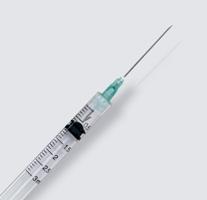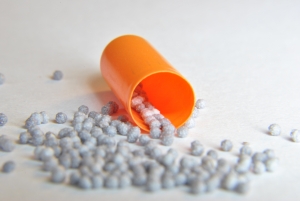According to Reuters, a unit of Endo Pharmaceuticals has recently agreed to pay out $54.5 million to settle just some of the thousands of lawsuits the company is facing over its transvaginal mesh surgical products. 
Transvaginal mesh, or TVM as it is called, was used by patients worldwide as a method of treating pelvic organ prolapse and stress urinary incontinence. Our Boston transvaginal mesh lawyers know that the Endo Pharmaceuticals unit is just one of many manufacturers facing lawsuits and that this settlement is only just the beginning of the compensation that will need to be paid to the women whose health was adversely affected by dangerous mesh products.
Company Settles Without Admitting Fault
Reuters reported that the unit of Endo Pharmaceuticals paying out the $54.5 million settlement is called American Medical Systems. American Medical Systems disclosed this settlement payout in a regulatory filing with the United States Securities and Exchange Commission on Thursday June 20th. The company did not indicate exactly how many cases it was resolving with the $54.5 million settlement agreement.
In settling the claims, American Medical Systems did not admit that the company was at fault or liable for the health problems that the women were facing. Transvaginal mesh has been linked to numerous medical issues including erosion of the mesh; significant pain; recurrent organ prolapse and other problems that normally necessitate at least one repeat surgery to correct. However, the company did not admit fault or liability for these symptoms or problems.
American Medical Systems has estimated in the past that it expects to spend at least $160 million to settle the vaginal mesh claims against the company. Other manufacturers that also made transvaginal mesh devices have their own lawsuits to resolve as well, so manufacturers throughout the United States will likely be paying many millions of dollars to compensate people whose lives they damaged through releasing an unsafe medical device.
FDA data shows that in 2010 alone, there were an estimated 300,000 women diagnosed with pelvic organ prolapse and around one out of every three of these women had a surgical procedure using transvaginal mesh. Another 260,000 women during the same year had surgery for stress urinary incontinence, around 80 percent of whom used transvaginal mesh.
The $54.5 million settlement from AMS is thus only the tip of the iceberg. Although the company has not admitted fault, its settling of the claims mean that the victims of its dangerous mesh devices will at least have their bills, costs and other losses covered. That the company is estimating paying out more in settlement money is a strong indicator that they believe a judge or jury would see a link between their products and the symptoms experienced by patients.
The company is likely to continue to be willing and eager to settle cases when possible in order to avoid claims going to court and juries rendering verdicts for plaintiffs who were harmed. Settlements allow injured victims to avoid having to go through the process of a trial in order to obtain monetary damages, but plaintiffs should speak to an attorney before accepting a settlement to ensure they are getting the full amount of compensation they deserve.
Continue reading
 Boston Personal Injury Attorney Blog
Boston Personal Injury Attorney Blog










